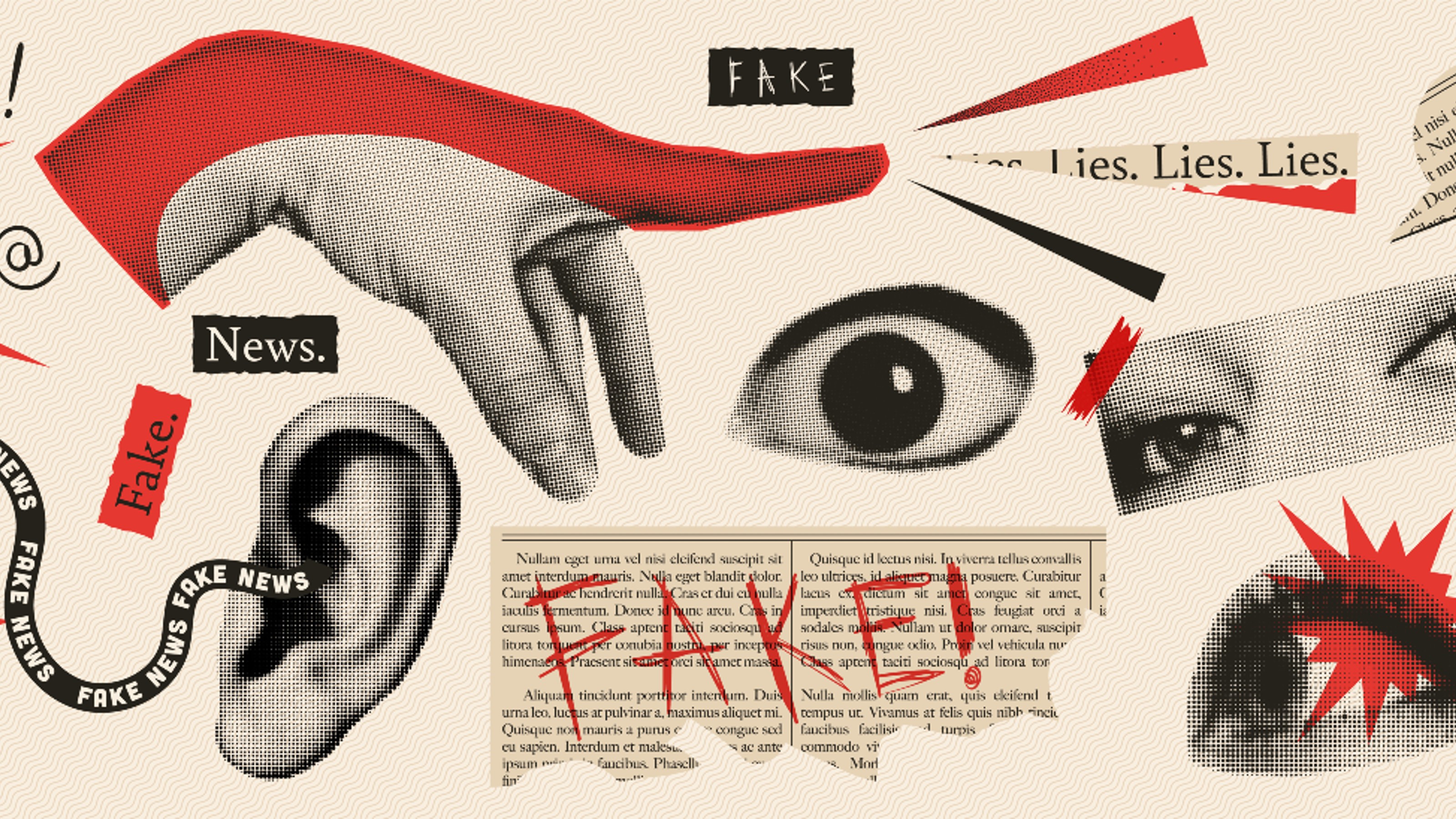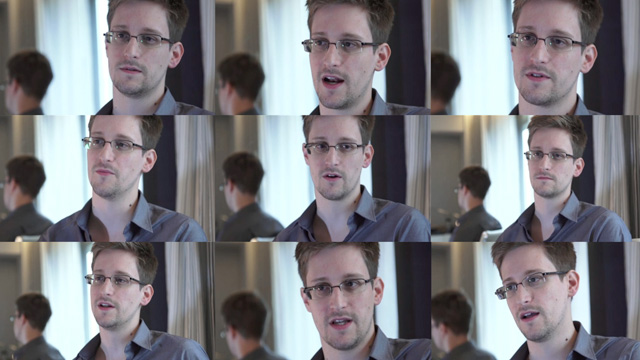What the Fortunate Owe the Rest of Us
In a recent commencement address, Federal Reserve Chairman Ben Bernanke offered ten suggestions to Princeton graduates ranging from “life is amazingly unpredictable…don’t be afraid to let the drama play out” to “call your mom and dad once in a while.” In between he offered some insights on the nature and ethics of the American meritocracy. This passage, coming from the man who runs the country’s central bank and controls powerful switches of its capitalist engine, is worth digesting in full (emphasis mine):
We have been taught that meritocratic institutions and societies are fair. Putting aside the reality that no system, including our own, is really entirely meritocratic, meritocracies may be fairer and more efficient than some alternatives. But fair in an absolute sense? Think about it. A meritocracy is a system in which the people who are the luckiest in their health and genetic endowment; luckiest in terms of family support, encouragement, and, probably, income; luckiest in their educational and career opportunities; and luckiest in so many other ways difficult to enumerate — these are the folks who reap the largest rewards. The only way for even a putative meritocracy to hope to pass ethical muster, to be considered fair, is if those who are the luckiest in all of those respects also have the greatest responsibility to work hard, to contribute to the betterment of the world, and to share their luck with others. As the Gospel of Luke says (and I am sure my rabbi will forgive me for quoting the New Testament in a good cause): “From everyone to whom much has been given, much will be required; and from the one to whom much has been entrusted, even more will be demanded” (Luke 12:48, New Revised Standard Version Bible). Kind of grading on the curve, you might say.
Bernanke’s diagnosis of American society resembles the one I sketched at Big Think recently and at the Economist last week on the country’s growing opportunity gap and shrinking social mobility. It is a more developed, more nuanced version of the “you didn’t build that” gaffe that got President Obama into some trouble last summer during the campaign. Obama’s emphasis was on the government programs and investments that enable successful people to thrive:
If you were successful, somebody along the line gave you some help. There was a great teacher somewhere in your life. Somebody helped to create this unbelievable American system that we have that allowed you to thrive. Somebody invested in roads and bridges. If you’ve got a business—you didn’t build that. Somebody else made that happen.
Individual initiative matters: opportunity, by itself, amounts to little without ingenuity and a lot of hard work. But Obama was right to note that success never sprouts in a vacuum, and Bernanke’s message was well directed at the graduates of one of the country’s elite universities. The more hackneyed version of this admonition—you need to “give back to the community”—is the basis of corporate charity undertaken by companies like Walmart,Microsoft and Nike. But Bernanke seems to be recommending something different: not that the rich need to tithe to the poor, or that huge companies should donate a percentage of their profits to good causes, but that lucky individuals are obligated to make the world a better place by “sharing their luck with others.” Spread the luck — not the wealth.
The family of political philosophers known as “luck egalitarians” hold that people should not have to suffer through disasters like hurricanes that whip up through no fault of their own, but should be held responsible for the ramifications of their choices. So a government should help out people who suffer from bad “brute luck”—emergency rooms shouldn’t turn away gravely injured patients simply because they cannot afford to pay—but owes nothing to those with bad “option luck,” such as people who impoverish themselves by gambling away their money on risky investments. Elizabeth Anderson’s devastating critique of luck egalitarianism shows the flaws of this approach in the context of policy-making in a political society: we shouldn’t leave people on the side of the road to die even though it was their stupid decision to play Tetris on Google Glass while barreling down the highway at 70 mph, and it’s stigmatizing to single out people hampered by unfavorable looks or a weak intellect for government hand-outs. But what about a personal ethic of spreading luck? How should a Princeton grad go about “sharing their luck with others,” exactly?
Technically speaking, of course, no one really has the power to distribute luck. No one but God, that is, or the gods. Machiavelli personified luck in the goddess of fate, Fortuna, and attributed half of life’s outcomes to her whims (the other half being one’s own skills and initiative). The thing about luck is that it just is. So does Bernanke mean that the lucky should share the fruits of their good luck with others? That just brings us back to simple charity. The Fed chair seems to be proposing something deeper and more sustaining than give the next homeless guy you see five bucks for lunch.
But what could it be? Presumably Bernanke doesn’t have in mind handing out lottery tickets on street corners in economically depressed areas.
Maybe the suggestion to spread luck puts the onus on people in positions of power and authority to look beyond the usual crop of job candidates and seek out applicants who may have rumpled resumes or non-elite educational backgrounds but who seem motivated and talented nonetheless. Or maybe Bernanke means that luck will be more evenly distributed when the luckiest among us work hard and strive to better the world: luck will trickle down to the masses if Princeton alums simply do their best.
It’s easy to be cynical. Pleading with the privileged to share their luck may be an utterly fruitless exercise: Princeton grads earn fatter paychecks than just about anybody else, and money may be motivating their career choices more than the desire to effect meaningful change in the world. (Indeed, only 49 percent report that their work is “meaningful.”) If Bernanke is right that “the only way” for a “putative meritocracy to be considered fair” is if the luckiest “share their luck with others,” fairness seems a quixotic goal.





